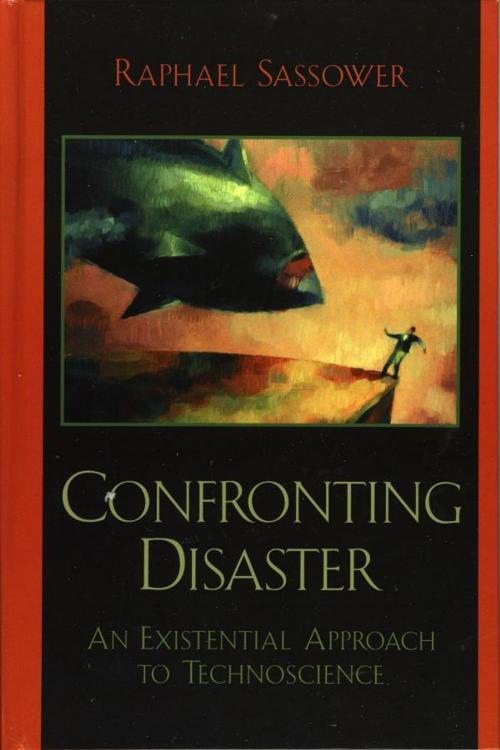Confronting Disaster
An Existential Approach to Technoscience
Nonfiction, Religion & Spirituality, Philosophy, Existentialism, Reference & Language, Education & Teaching, Higher Education| Author: | Raphael Sassower, Professor and Chair of Philosophy, University of Colorado | ISBN: | 9780739153475 |
| Publisher: | Lexington Books | Publication: | June 1, 2004 |
| Imprint: | Lexington Books | Language: | English |
| Author: | Raphael Sassower, Professor and Chair of Philosophy, University of Colorado |
| ISBN: | 9780739153475 |
| Publisher: | Lexington Books |
| Publication: | June 1, 2004 |
| Imprint: | Lexington Books |
| Language: | English |
Contemporary society is rife with instability. Our active and invasive study of genetics has given life to one of the great specters of biological science: the clone. The scarcity of natural energy sources has led to an increased manipulation of atomic or nuclear energy and regressive environmental policies, resulting in a greater sense of danger for everyone. The promises of economic globalization have, in some cases, been delivered, but in many other ways globalization has created even greater gaps in social and economic life. Despite the expansion of our productive and technological capabilities, our workdays grow longer, not shorter. We find ourselves in exile from our families, our friends, and from other meaningful forms of social connection. And as 'freedom' is bandied about in the popular press and media as the preeminent global social value, it actually seems that the reigning contemporary ethos of our time is stress and anxiety. While Raphael Sassower's previous work has focused extensively on science and technology, this book is significantly different. It is an urgent commentary in the tradition of Herbert Marcuse's One Dimensional Man or even Sigmund Freud's Civilization and Its Discontents; a culmination of many years of research and thought carefully arranged into an extended essay on our contemporary social, cultural, and existential orientation in the modern world. This book is written for advanced graduate students, informed and concerned citizenry, and especially the young student who, in the face of mounting anxiety, must be able to make critical choices towards an uncertain future.
Contemporary society is rife with instability. Our active and invasive study of genetics has given life to one of the great specters of biological science: the clone. The scarcity of natural energy sources has led to an increased manipulation of atomic or nuclear energy and regressive environmental policies, resulting in a greater sense of danger for everyone. The promises of economic globalization have, in some cases, been delivered, but in many other ways globalization has created even greater gaps in social and economic life. Despite the expansion of our productive and technological capabilities, our workdays grow longer, not shorter. We find ourselves in exile from our families, our friends, and from other meaningful forms of social connection. And as 'freedom' is bandied about in the popular press and media as the preeminent global social value, it actually seems that the reigning contemporary ethos of our time is stress and anxiety. While Raphael Sassower's previous work has focused extensively on science and technology, this book is significantly different. It is an urgent commentary in the tradition of Herbert Marcuse's One Dimensional Man or even Sigmund Freud's Civilization and Its Discontents; a culmination of many years of research and thought carefully arranged into an extended essay on our contemporary social, cultural, and existential orientation in the modern world. This book is written for advanced graduate students, informed and concerned citizenry, and especially the young student who, in the face of mounting anxiety, must be able to make critical choices towards an uncertain future.















